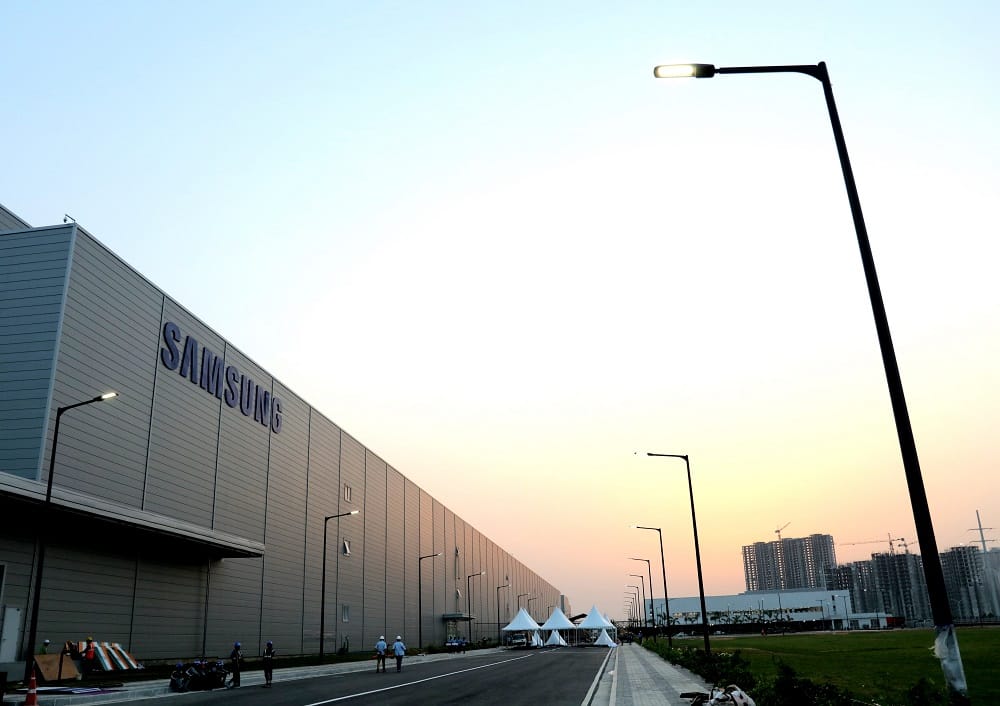RESILIENT Networks Act for First Responders, Broadband Now on Bad FCC Data, Samsung and Coronavirus
House Energy and Commerce Committee Chairman Frank Pallone, Jr., D-N.J., and Communications and Technology Subcommittee member Rep. Jerry McNerney, D-Calif., introduced the Reinforcing and Evaluating Service Integrity, Local Infrastructure, and Emergency Notification for Today’s Networks Act, or the
David Jelke

House Energy and Commerce Committee Chairman Frank Pallone, Jr., D-N.J., and Communications and Technology Subcommittee member Rep. Jerry McNerney, D-Calif., introduced the Reinforcing and Evaluating Service Integrity, Local Infrastructure, and Emergency Notification for Today’s Networks Act, or the RESILIENT Networks Act, last week in order to improve network resiliency in times of emergency.
“Resilient communications networks can mean the difference between life and death during and after a storm or wildfire,” Pallone and McNerney said. “This will ensure that Americans have access to vital and lifesaving communications service before, during and after major disasters. We look forward to moving this bill through the Committee process soon.”
The RESILIENT Networks Act requires pre-planned coordination among providers of advanced communications service to take effect during times of emergency, including roaming and mutual aid arrangements. It improves coordination between communications providers, 911 operators and public safety entities.
In the wake of Superstorm Sandy, Pallone authored a measure that was signed into law in 2018 as part of the RAY BAUM’S Act, to help ensure the resiliency of communications networks during emergencies. The RESILIENT Networks Act builds on the measure that had been dubbed the SANDy Act.
BroadbandNow says new FCC report overstates broadband by 20 million Americans
BroadbandNow, an independent database of broadband providers, contested the FCC’s press release from last week claiming that “substantial progress” has been made in closing the digital divide.
According to BroadbandNow Editor-in-Chief Tyler Cooper, “The update states that ‘substantial progress’ has been made from 2016 to 2018 when it comes to wired broadband deployment in the U.S. Specifically, it claims that “the number of Americans with no options for at least 25/3 Mbps fixed terrestrial broadband service fell by 30 percent, from 26.1 million to 18.3 million.”
By BroadbandNow’s independent estimates, 42 million Americans currently do not have the ability to purchase broadband internet. BroadbandNow attributes the difference to the FCC’s continued reliance upon the flawed Form 477 dataset, and – based upon its research – puts the number of Americans without access at the much higher amount.
Samsung closes factory due to coronavirus, although it may reopen today
Samsung closed one of its factories due to the coronavirus, according to an article by Ivan Mehta on The Next Web.
After a worker in the Gumi, South Korea factory was diagnosed with coronavirus last week, Samsung temporarily shut down the factory, with a pending reopening time of later today.
A representative for Samsung said, “the company has placed colleagues who came in contact with the infected employee in self-quarantine and taken steps to have them tested for possible infection.”
The factory produces popular phones such as the Galaxy Z Flip, but the temporary nature of the closure does not expect to significantly dent sales.









Member discussion